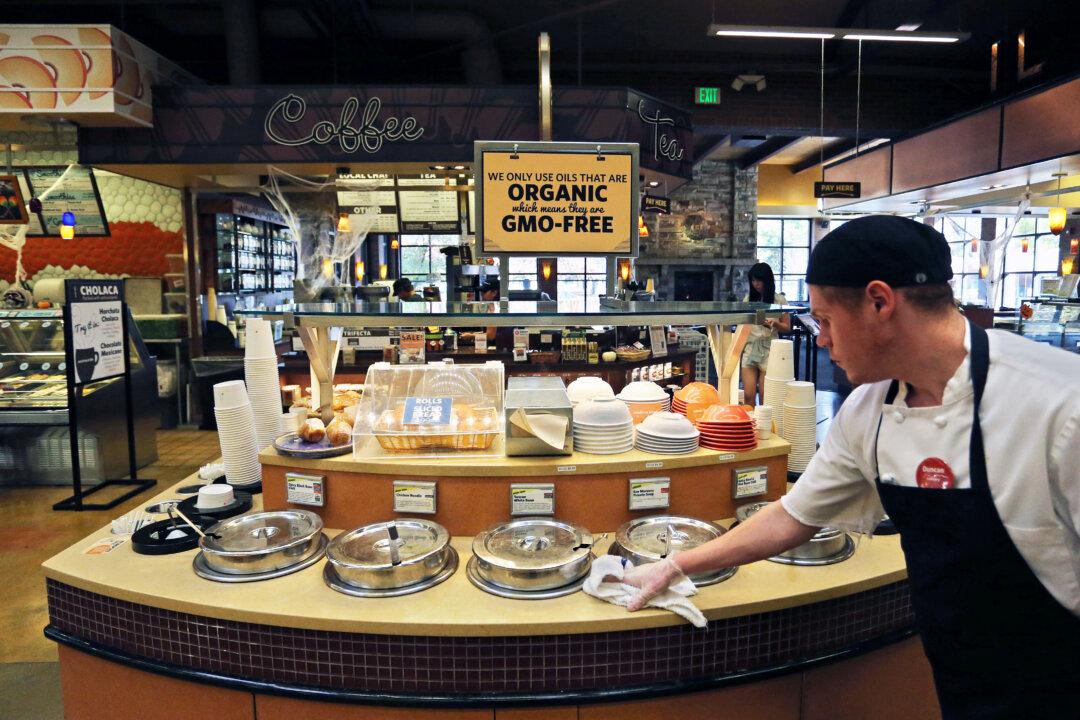When the press leaked news of the first food company getting a non-GMO label from the USDA (Department of Agriculture) last week, it made waves across the food industry.
The Associated Press first reported that the federal government had approved a new label certifying that products are free of genetically modified ingredients, based on an internal USDA email AP obtained. The email was sent by the Secretary of Agriculture Tom Vilsack on May 1.
A “USDA Process Verified” program already exists for companies that want the federal agency to audit the accuracy of their marketing claims: such as antibiotics-free or growth-hormones-free meat. If the USDA verifies its claims, the company can label its products with a red, white, and blue USDA shield on the packaging.
In the email, Vilsack said “a leading global company” has requested the USDA verify that the corn and soybeans the company processes are of the non-GMO variety, under the Process Verified program.
The New York Times first revealed that the company in question was SunOpta, an organic food processing company.
SunOpta has created a new label that reads: “Non-GMO/GE Process Verified,” according to the USDA.
On Monday, SunOpta announced it had been granted approval for an initial six-month trial period and that it planned to apply for an extension when that period expired.
But that label won’t be showing up on supermarket shelves for the time being. The USDA said that only the raw corn and soybeans SunOpta uses has been verified as non-GMO. Thus, the final food products that use SunOpta’s corn and soybeans will not have the label on them.






